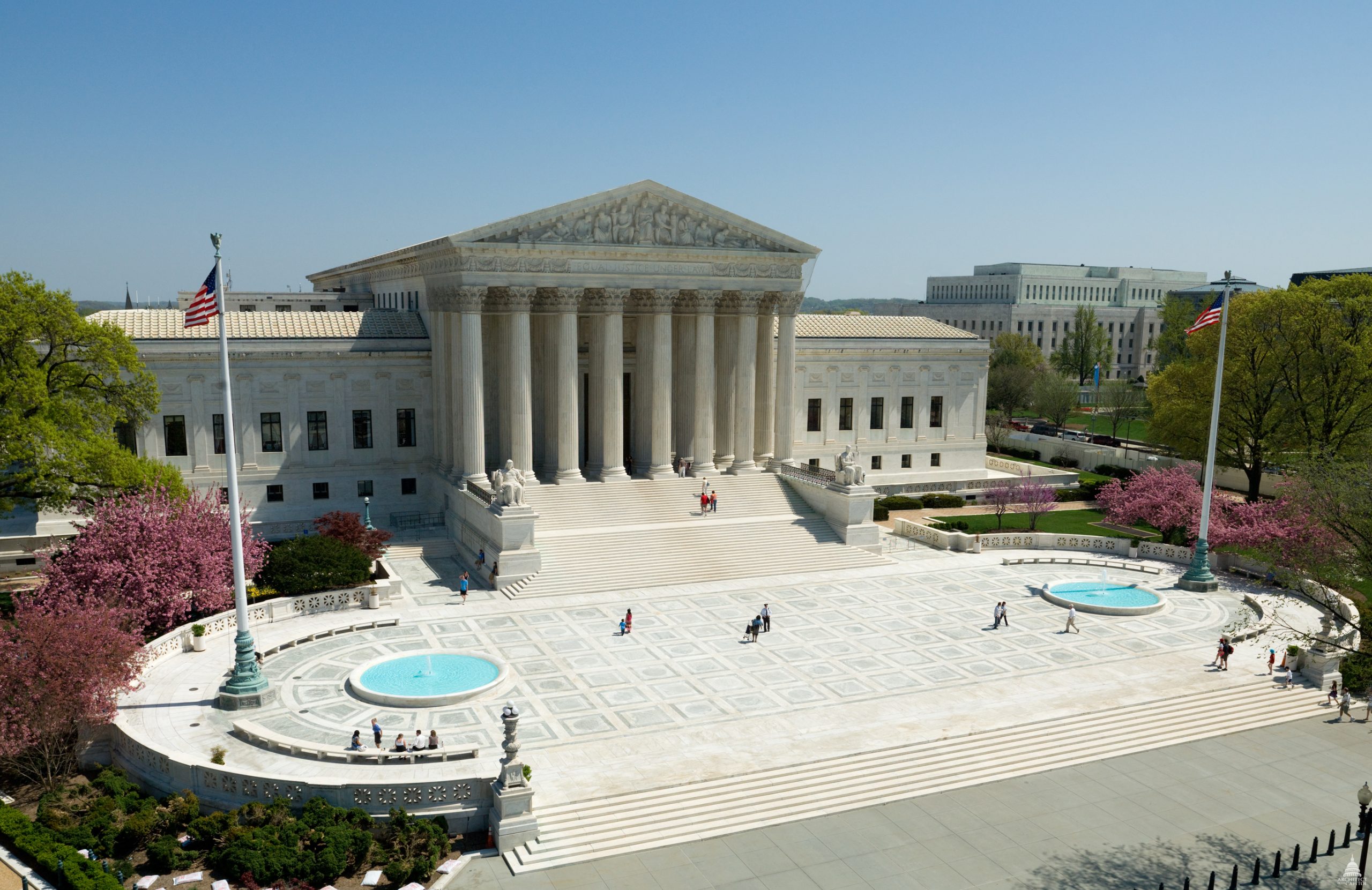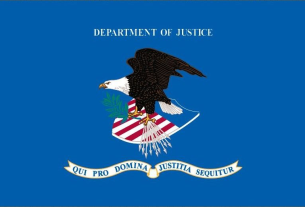Washington, D.C. – 27 June 2025
The U.S. Supreme Court ruled on Friday that individual judges cannot block government policies across the entire country — a major decision that could limit how courts stop federal actions. However, the Court left in place the current nationwide block on former President Donald Trump’s attempt to change birthright citizenship rules.
The case is a partial win for Trump, who has often criticized judges for using nationwide rulings to block his policies. His executive order — issued on his first day back in office — aimed to deny U.S. citizenship to babies born in the country to undocumented immigrants. But courts quickly halted the order, citing the Constitution.
What Is Birthright Citizenship?
Birthright citizenship means that anyone born on U.S. soil automatically becomes a U.S. citizen, no matter their parents’ immigration status. This right comes from the 14th Amendment to the Constitution, added after the Civil War. A key Supreme Court case from 1898 confirmed that this rule applies broadly, with only a few exceptions — such as children born to foreign diplomats or enemy forces.
Today, the U.S. is one of about 30 countries that offer birthright citizenship. Others include Canada and Mexico.
What Trump’s Policy Tried to Do
The Trump administration argued that the phrase “subject to the jurisdiction” in the 14th Amendment doesn’t apply to children of undocumented immigrants. Therefore, they claimed, those children should not be granted automatic citizenship.
Immigrant rights groups, civil liberties advocates, and many states disagreed — and they sued to block the policy. Judges across the country have so far ruled against Trump’s interpretation, keeping the policy from taking effect.
What the Supreme Court Said
In Friday’s decision, a divided Supreme Court said that federal judges don’t have the power to stop a law or policy from taking effect for the whole country unless the case directly involves all affected people. Judges can still issue rulings for those directly involved in the case, but cannot apply those rulings nationwide.
However, the Court did not remove the current block on Trump’s citizenship order. That means the policy still cannot be enforced — at least for now.
The Biden administration had previously supported keeping nationwide injunctions in place when used to stop harm. The Trump administration argued they were too powerful and unfair.
What Happens Next?
Although this ruling limits what federal judges can do in future cases, it doesn’t automatically change anything about Trump’s birthright citizenship order. The issue will likely continue to move through the courts.
Legal experts say the ruling reduces the power of individual judges but doesn’t change the long-standing understanding of who is a U.S. citizen. For now, the rule remains the same: if you’re born in the United States, you’re a citizen — regardless of your parents’ immigration status.



